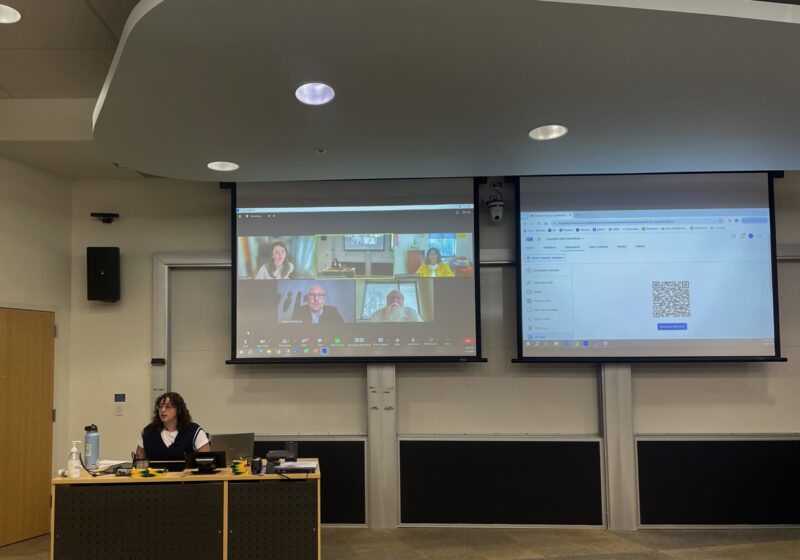A new oral vaccine against HIV is being tested by researchers at the University of Rochester Medical Center (URMC). Unlike other HIV vaccines, traditionally given in the form of a shot, this vaccine is a tablet taken orally by the patient.
Leading the study is John Treanor, M.D., professor of Medicine and chief of infectious diseases at UR Medicine’s Strong Memorial Hospital. Treanor said in an interview with Vaccine News Daily, “The biggest advantage a tablet has over a needle is needle disposal … the risk of a health care professional being infected by the HIV virus is eliminated.”
Michael C. Keefer, M.D., professor of Medicine and director of the University’s National Institutes of Health-supported HIV Vaccine Trials Unit, elaborated on the advantages of an oral vaccine.
“For HIV, it is all the more important because [of] that target cell being right there where the virus comes in. You need the immune response there,” said Keefer. He explained that yet another advantage is that it would be one less shot for patients to receive.
The oral vaccine is made from live, weakened adenovirus rather than from actual HIV. However, exposing the immune system to adenovirus helps it to create antibodies that work against HIV infection. URMC is currently the only facility in the world testing this particular vaccine, through a partnership with Beth Israel Deaconess Medical Center, a teaching hospital of Harvard University located in Boston, MA.
The research is still in Phase I, the earliest stage of a clinical trial, and it is too early to tell whether the vaccine creates an effective immune response. In the current stage of the testing, participants who have taken the pill stay in a contained room for 12 days. The primary purpose of this trial is to ensure that there are no negative gastrointestinal effects from the pill such as vomiting or stomach pain.
Keeping the virus contained is another concern that is being monitored during the research. The doses are low at this point in the research, but researchers expect to find more results as dosages are increased. After an appropriate dosage is determined, researchers will move to Phase II trials, in which they will monitor patients for side effects and an immune response.
Much more testing is needed before the vaccine could be made available to the public, or even before researchers are certain that it will be effective. “This is not a product that will be used in the real world for a long time,” Treanor said. However, researchers are optimistic about the outcomes of the study, with Keefer saying they may help develop a better vaccine against HIV.
Konzel is a member of
the class of 2018.





